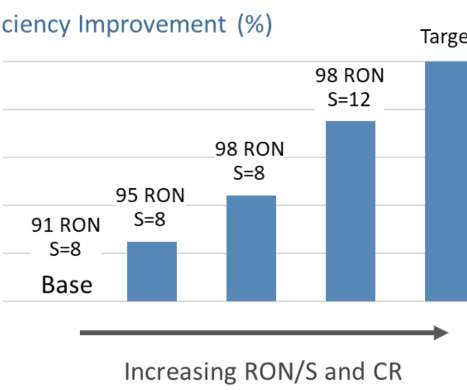NREL study probes emissions impact of butanol-gasoline blends in light-duty vehicles
Green Car Congress
NOVEMBER 26, 2013
Summary of significant emissions results from the fuel testing. Given equivalent deployment of butanols and ethanol, the results suggest emissions of unburned alcohols would decrease, but carbonyl emissions would increase; some of these compounds have poorly understood health effects, they note. Click to enlarge.













Let's personalize your content